
Source: Pixabay No Attribution Required
As guest contributors to MOBSEAR Gallery, we are excited to delve into the captivating world of slot machine symbols. Our exploration takes us through the evolution of these icons, from their inception to their vibrant role in today’s digital gaming era. Join us on this enlightening journey, where each symbol unveils a story of innovation, tradition, and entertainment.
In slot machines, symbols are not just icons but geometric masterpieces crafted to enhance player experience and anticipation. The intricate designs of these symbols often follow specific geometric patterns, engineered to catch the eye and create a sense of harmony on the reels.
Moreover, the ‘multiplier effect’ of these symbols adds another layer of excitement. For instance, symbols like wilds and scatters increase the chances of hitting a winning combination and exponentially amplify winnings. Combined with symbols’ strategic placement and design, this multiplier effect creates a complex tapestry of possibilities in each spin.
The potential of these symbols extends beyond their aesthetic appeal, as they embody the very mechanics that make slot gameplay thrilling, unpredictable, and endlessly engaging. Their transformative power lies in their ability to shift from mere representations to dynamic elements that dictate the flow and fortune of the game.
Table 1: The Evolution of Slot Symbols
| Era |
Symbols |
Significance |
| 1895 – 1900s |
Horseshoes, Diamonds, Spades, Hearts, Liberty Bells |
The genesis of slot symbols reflecting simplicity and luck. |
| 1907 – 1960s |
Fruits, BAR, Stars, Crowns, 777 |
Transition to non-cash prizes and introduction of fruit and BAR symbols. |
| 1976 – 1990s |
Video game-inspired icons, Digital Characters |
The digital revolution brought themed and character-based symbols. |
| 2000s – Present |
Superheroes, Cultural Icons, Varied Themes, |
Diverse themes reflecting popular culture, and advanced graphics. |
The Birth of Slot Symbols
Discover the roots of slot machine symbols, tracing back to 1895 with mechanic Charles Fey’s creation, the Liberty Bell. This machine’s simplicity, featuring symbols like horseshoes and bells, laid the foundation for an industry that would captivate millions.
In the vibrant world of slot machines, symbols are categorized into various tiers, each with value and significance. High-paying symbols often include iconic images such as cherries, bells, bars, and bags of gold coins.
These symbols are the gems of the slot world, offering substantial payouts when aligned. They are not just symbols of luck but emblems of potential wealth, making them highly sought-after by players.
On the other end of the spectrum lie the low-paying symbols, typically represented by traditional playing card values ranging from 2 through 10 and extending to the Jack (J), Queen (Q), King (K), and Ace (A). Though they offer lower payouts, their frequent appearance on the reels maintains a balanced gameplay and provides consistent, albeit smaller, wins.
Special symbols like Wilds and Scatters give the game an extra layer of excitement. Wild symbols, often represented by thematic icons in line with the game’s motif, have the power to substitute for other symbols, creating winning combinations where there otherwise wouldn’t be any.
Scatters, on the other hand, are gateways to bonus features. Landing a specific number of scatter symbols can unlock free spins bonus rounds or even multiply the player’s total bet, offering a pathway to potentially massive wins.
Each symbol in a slot game is more than just a static image; it’s a crucial player in the game’s
narrative, contributing to the overall experience and excitement. The diversity in symbol values and functions ensures a dynamic and engaging gaming experience, keeping players on the edge of their seats with each spin.
Fruitful Beginnings and the BAR Symbol
The early 1900s saw the rise of fruit symbols and the iconic BAR, originating from gum-dispensing machines. These symbols, a clever workaround for gambling restrictions, became staples in the slot world, embodying tradition and nostalgia.
Fruit Slots Evolution
- Introduction of fruit symbols to bypass gambling bans.
- The BAR symbol’s ambiguous origins are possibly linked to the Bell-Fruit Gum Company.
- The transition from gum prizes to cash rewards.
The Move Towards Video Slots
The 1960s and 1970s marked a technological leap with the advent of electronic and video slots. This era introduced symbols like crowns and 777, bridging the gap between mechanical simplicity and digital complexity.
The Digital Revolution
The 1990s witnessed a monumental shift with the birth of online casinos, bringing an explosion of symbols. Modern slots feature everything from classic fruits to characters from popular culture, catering to a diverse audience. A huge number of unblocked gaming sites proliferated on the web.
The Mystique of the Number Seven
Explore the allure of seven, a symbol of luck and prosperity in various cultures. Its inclusion in slot machines taps into a deep-rooted human fascination with this mystical number.
Table 2: Modern Slot Symbols and Their Functions
| Symbol Type |
Function |
Impact in Games |
| Wild Symbols |
Substitute for other symbols |
Increase winning chances |
| Scatter Symbols |
Trigger bonus features |
Enhance gameplay complexity |
| Sticky/Stacked Symbols |
Remain on reels or stack up |
Boost odds of winning combinations |
| Multiplier Symbols |
Multiply winnings |
Amplify rewards |
| Themed Icons |
Represent specific game themes |
Enhance player engagement |
Today’s Slot Symbols: A Symphony of Themes and Functions
The present-day slot landscape is a kaleidoscope of themes and functions. From superheroes to cultural icons, these symbols serve as game mechanics and cultural touchstones that resonate with players globally.
Conclusion
As independent reviewers, we have observed the fascinating evolution of slot machine symbols. This journey has transitioned from the simplicity of bells and fruits to a diverse array of culturally rich and technologically advanced icons. This transformation is not merely a change in visual aesthetics; it mirrors the slot industry’s remarkable adaptability and growth amidst shifting cultural and technological landscapes.
Through our guest post on MOBSEAR Gallery, we aim to illuminate this vibrant history. We invite readers to explore with us the rich tapestry of slot symbols that have evolved to become more than mere elements of a game. These symbols are a testament to human creativity and technological evolution, embodying the spirit of an industry that continually reinvents itself to enhance player experience and engagement.

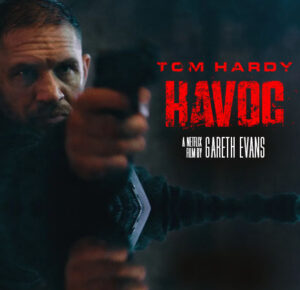
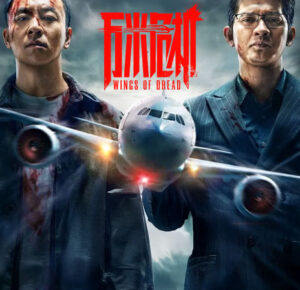
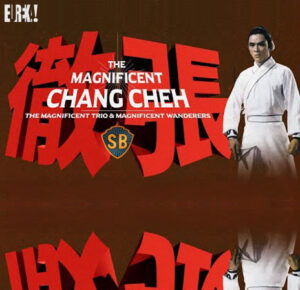
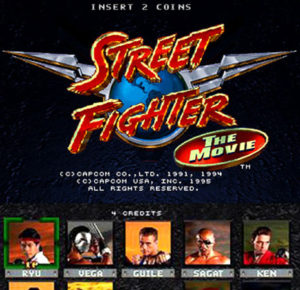
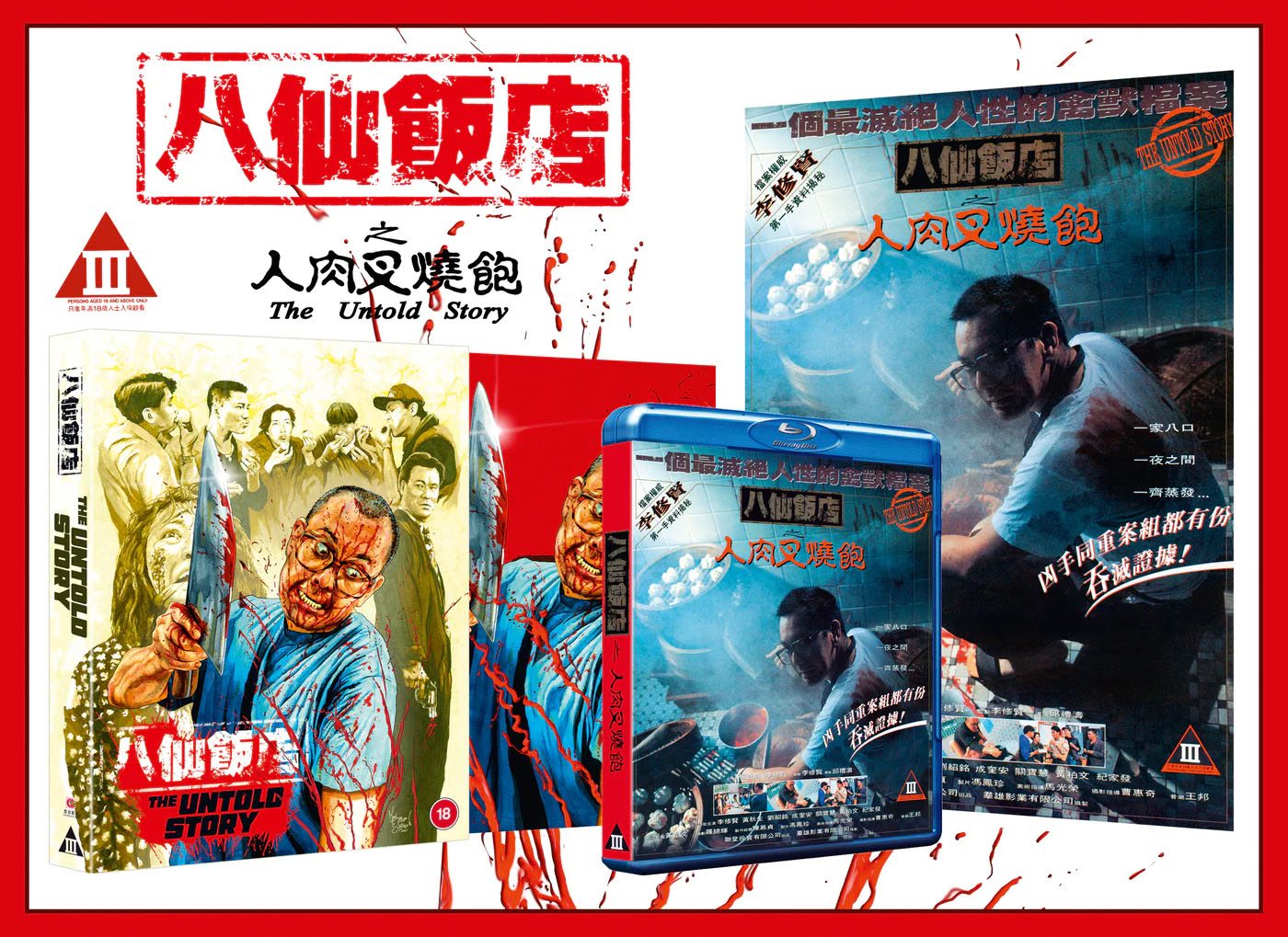
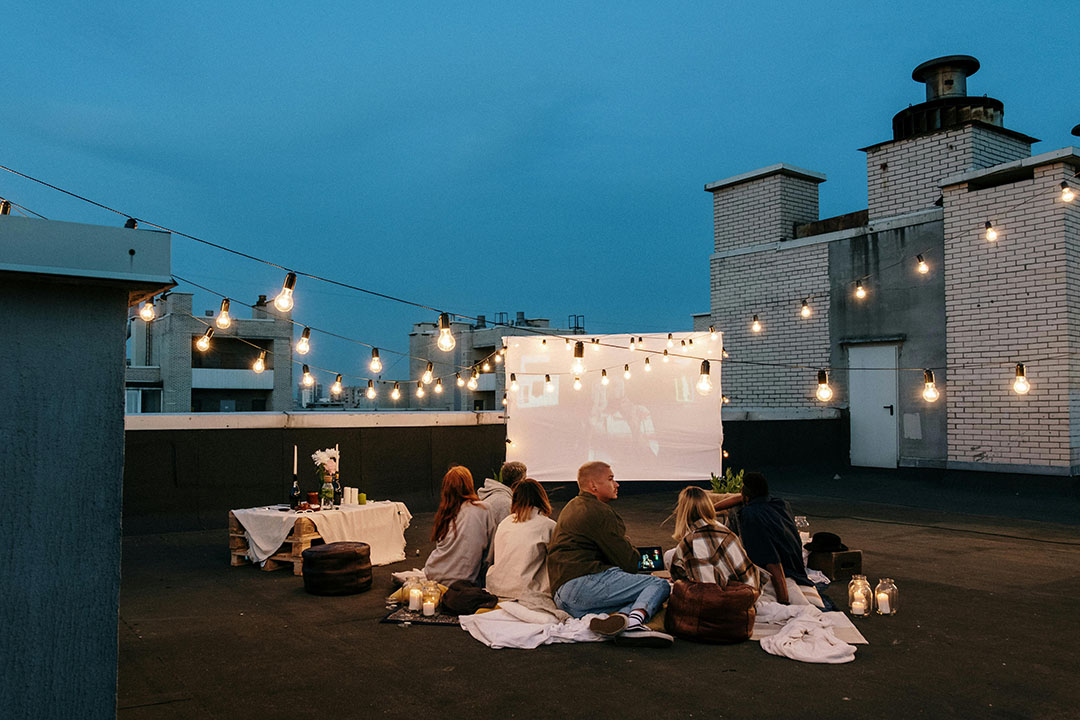
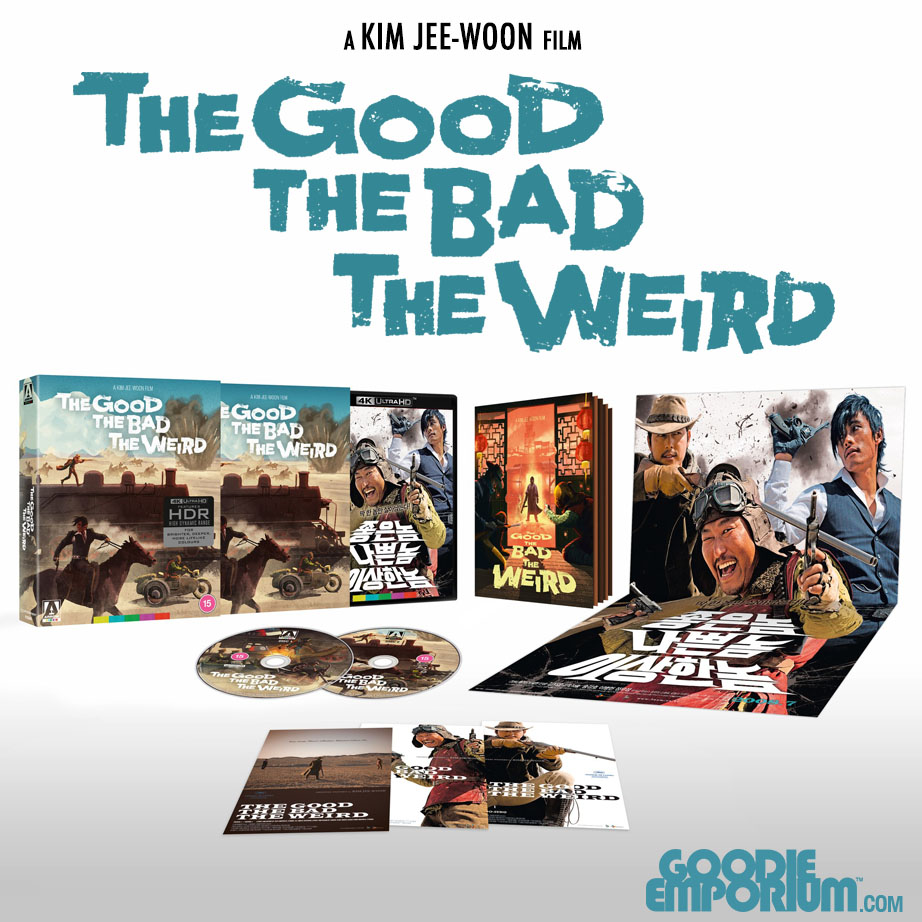

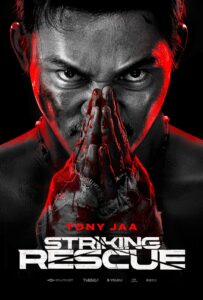
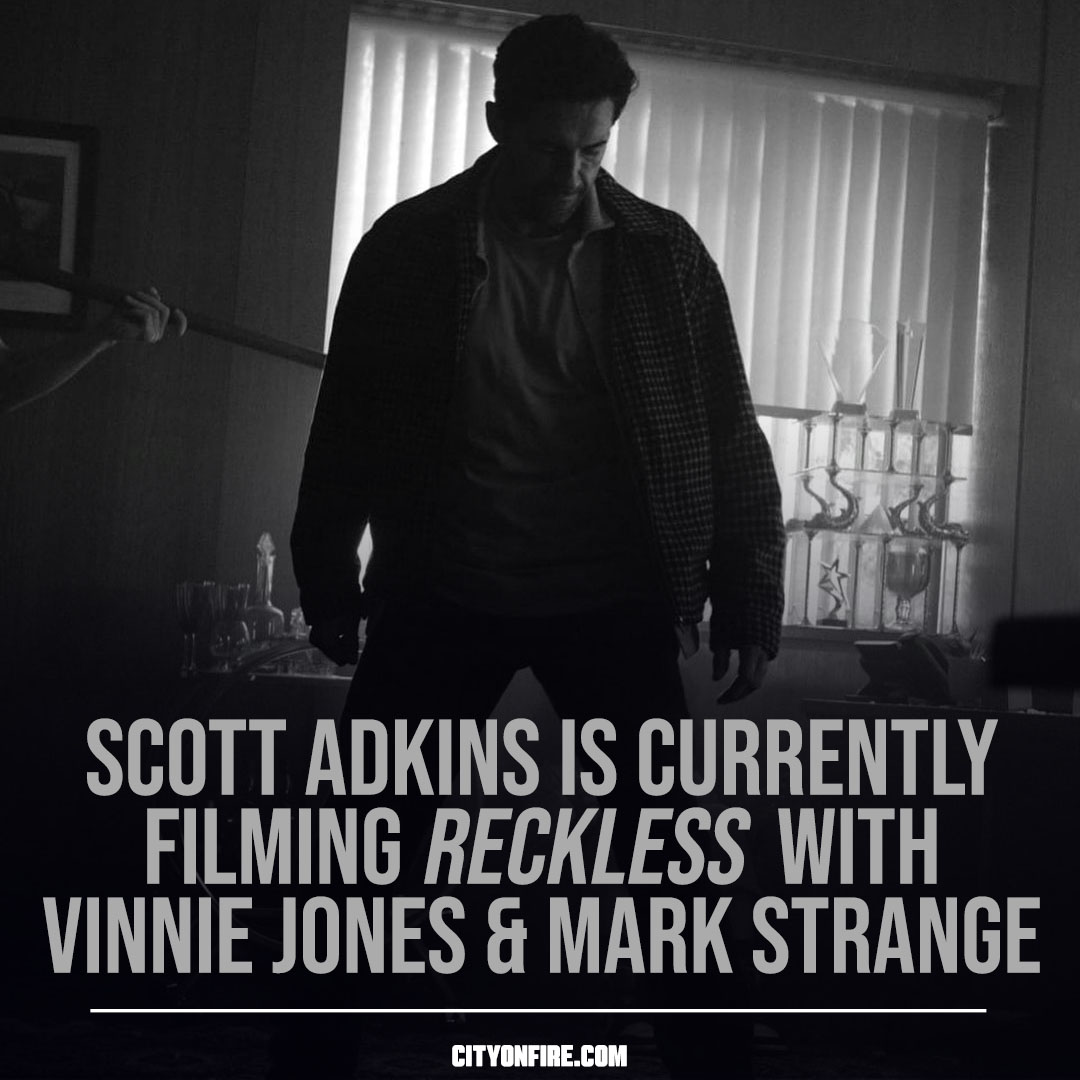
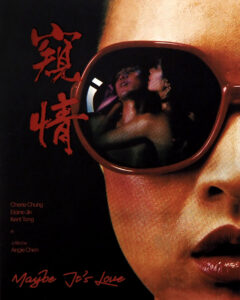
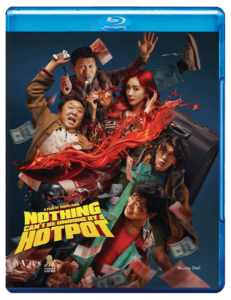
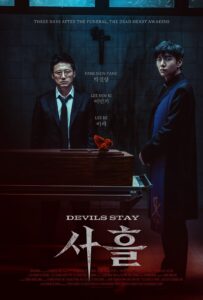


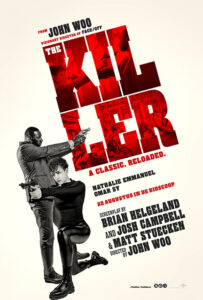
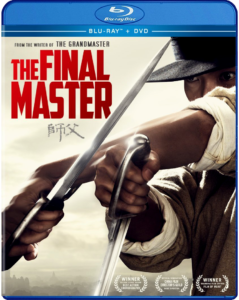

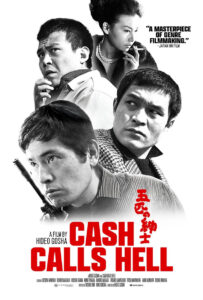


6 Comments